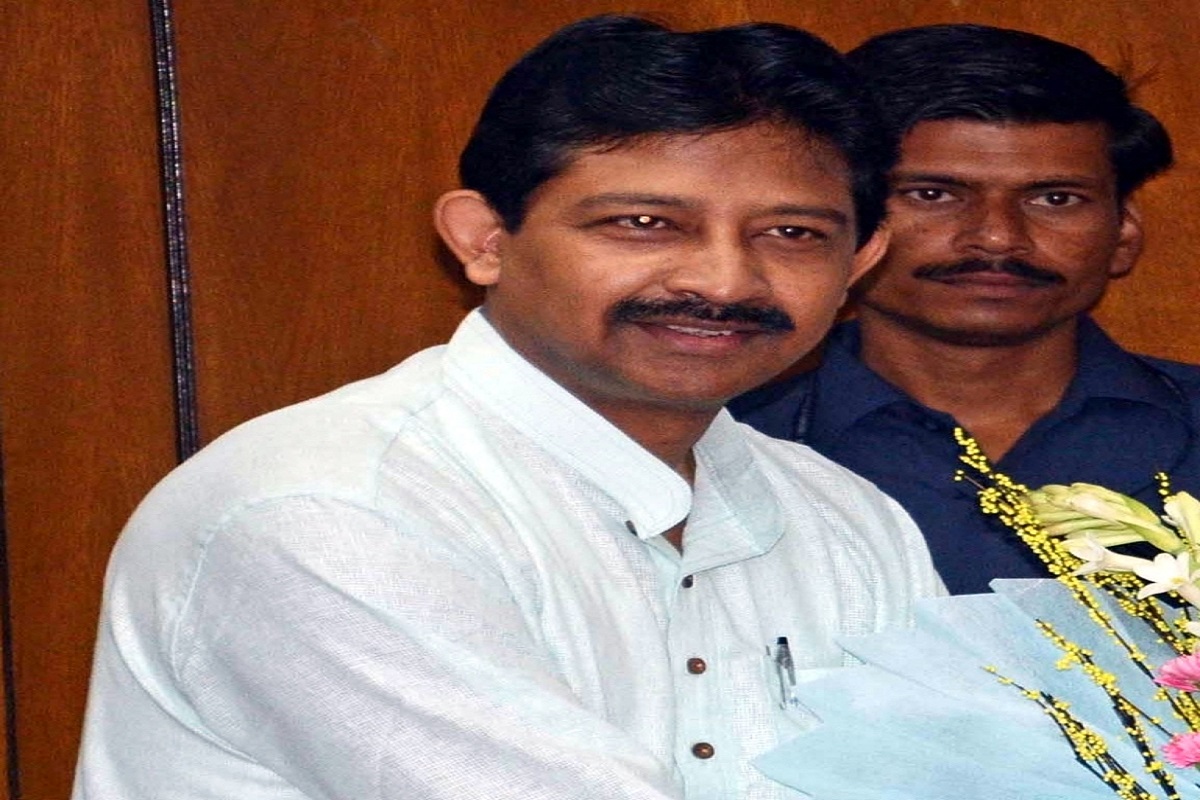The forest department has taken a slew of decisions to save elephants and other wild animals in north Bengal. An interdepartmental coordination committee has also been set up for the same.
State forest minister Rajib Banerjee chaired a meeting with officials of the Railways, West Bengal State Electricity Distribution Company Limited (WBSEDCL), National Highways Authority of India (NHAI), and representatives of tea plantations at the Bengal Safari: North Bengal Wild Animal Park here today.
“We are concerned about the deaths of elephants on railway tracks, through electrocution, and wild animals meeting accidents on national highways while crossing the roads. In the meeting, we pointed out that a section of tea gardens has erected barbedwire fences with sharp blades to save their plantations. These fences are often causing injuries to elephants,” Mr Banerjee said after the meeting.
According to him, it had been found trains violated the speed limit rules on the Dooars tracks, which pass through reserve forests, elephant habitats and elephant corridors. “We cannot let animals die like this. We informed the Railways that there are reports that trains have found violating the speed limit, which should be around 2550 km/hour. We have asked them to lower the speed on the tracks. Around 14 mail trains used to run on the tracks, of which six have been diverted,” Mr Banerjee said.
A joint monitoring team of the forest department and the WBSEDCL has been set up to conduct quarterly visits to check electricity poles, position of wires and illegal hooking to prevent the death of elephants from electrocution.
“As there is no provision of laying speed breakers on national highways, many animals die in accidents while crossing the roads. We have decided to install rubber breakers for vehicle speed restrictions. The PWD will work on this. Some more signboards will also be erected on highways, cautioning motorist,” the minister said.
The forest department also strictly asked planters to remove blade-fencing.
“Such fencing is designed to inflict serious injuries. The forest department had already asked them to remove them. They told us that such fencings had been uprooted in many tea plantations, but there are still some areas where such fencings exist,” Mr Banerjee said.
He said a joint monitoring committee had been constituted with the forest department, Railways, WBSEDCL, NHAI, PWD, representatives of the local administration, and tea associations.
Recruitment plans
Mr Banerjee further said that a significant number of recruitment and engagement in the ranks of divisional forest officers, range officers, deputy range officers will be conducted for north Bengal soon. He said the number could be around 700.
Sex determination of tiger cubs
The sex of three tiger cubs, which are now more than a month old, at the Bengal Safari, had not been determined. The minister said that as the cubs cling on to their mother, their sex could not be identified right now.
Rhino population
Mr Banerjee said there had been a significant growth in the rhino population in north Bengal. His remarks came as World Rhino Day-2020 was celebrated today. According to him, there were 85 rhinos in the region in 1985, and that the number had risen to around 300 now.
Herbal park
The sixth herbal garden of north Bengal was inaugurated at Salugara near Siliguri today. Mr Banerjee said medicinal plants will be grown there.












